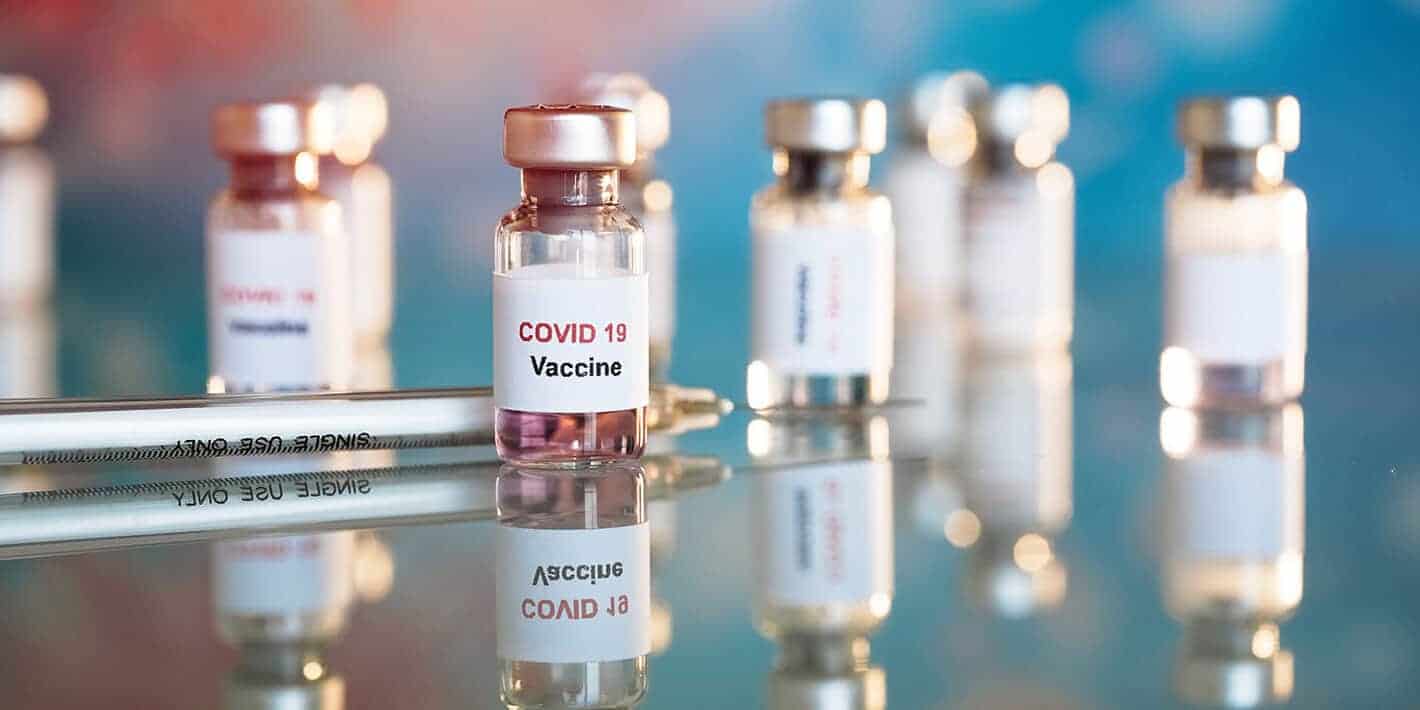Costa Rica has administered 950,252 doses of coronavirus vaccines, authorities said Tuesday.
More than 345,000 people have completed the vaccine schedule by receiving both doses of the Pfizer/BioNTech formula.
The 950,252 doses mean Costa Rica has administered 18.4 jabs per 100 people. This places the country behind the United States, Canada, Chile, Uruguay and Brazil on the American continent, according to The New York Times vaccination tracker.
One in six adults in Costa Rica has received at least one vaccine dose, said Agustín Castro, Communication Minister.
The Pfizer vaccine requires two doses, with the second coming 21 days after the first. (The U.S. Centers for Disease Control says a 42-day window is “permissible when a delay is unavoidable.”)
Costa Rica has also authorized the AstraZeneca vaccine. The second dose of this formula is recommended 12 weeks after the first.
Costa Rica hopes plans to vaccinate every eligible adult against Covid-19, comprising about 3.7 million people. The first jabs were administered on December 24, 2020.
In an effort to increase its vaccination rate, Costa Rica has requested a donation of surplus AstraZeneca vaccines from the United States. The Health Ministry will also allow for private hospitals and pharmacies to import coronavirus vaccines.
The National Commission of Vaccination and Epidemiology, part of the Health Ministry, has indicated the priority for vaccination is as follows:
- First group: Staff and residents at retirement or nursing homes. First responders, including health personnel.
- Second group: Costa Rica’s older population, defined here as those ages 58 and up. It is required to demonstrate residency with a cédula or DIMEX.
- Third group: People from 18-58 with risk factors, including hypertension, diabetes, heart disease, respiratory illness, kidney disease and obesity, among others.
- Fourth group: Teachers and other staff within the Education Ministry (MEP) or private schools. Imprisoned people and judicial staff. Workers for the 911 service.
- Fifth group: Health science students and related technicians in clinical fields. People ages 40-57 without any of the aforementioned risk factors but whose work puts them in contact with others. Then, all remaining adults (18+).
All regions are inoculating groups one and two. Some regions have recently advanced to group three. Click here for the official tracker.
The Caja will contact individuals to schedule their coronavirus vaccine. Those who fall into priority groups should call their local EBAIS (public community health clinic) and ensure their contact information is current.






